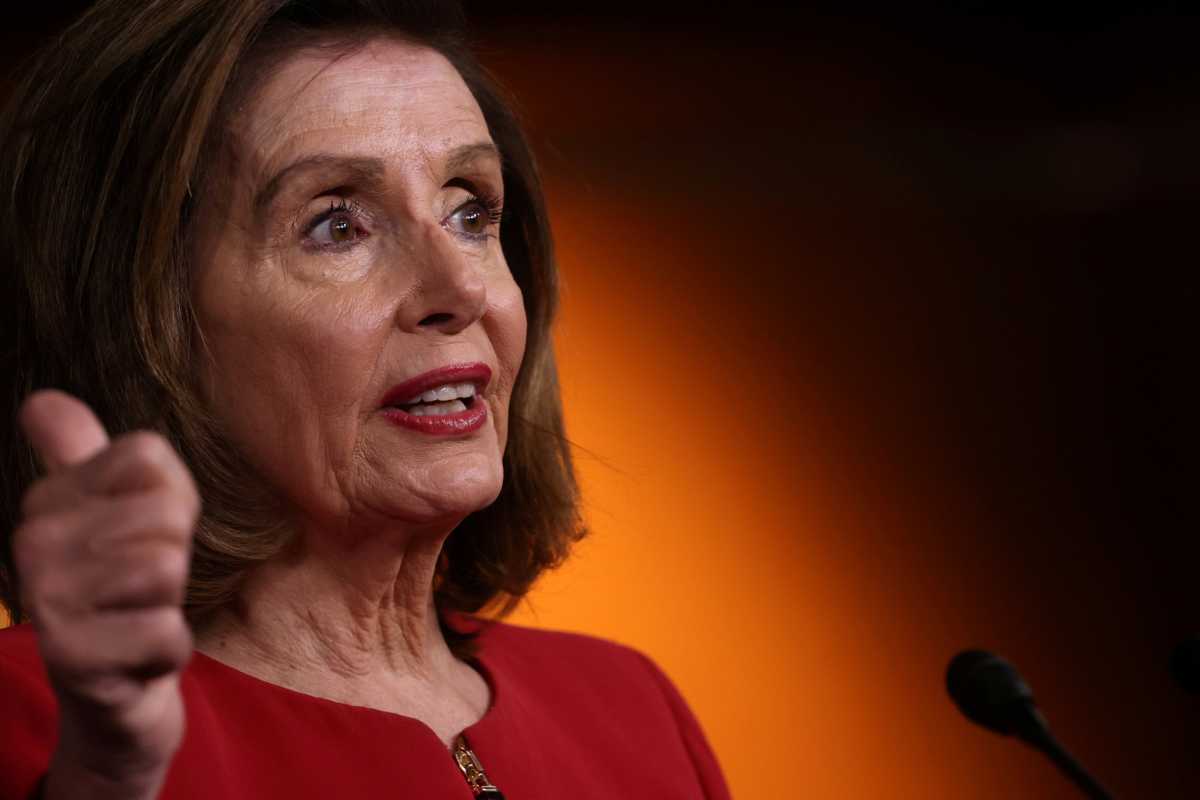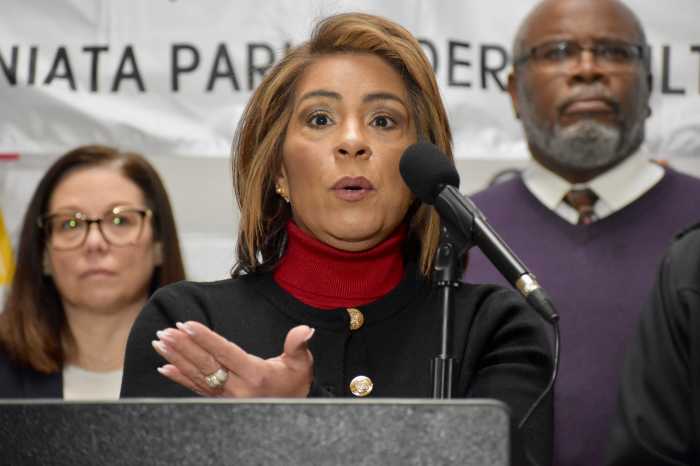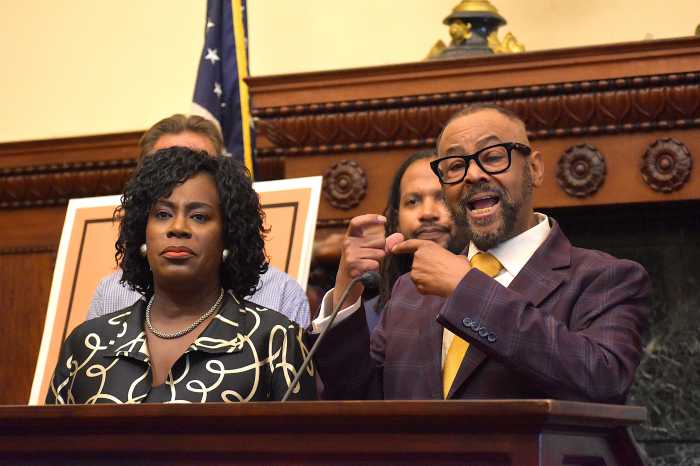By Humeyra Pamuk
U.S. House of Representatives Speaker Nancy Pelosi expressed confidence on Sunday that the $1 trillion infrastructure bill will pass this week but sounded more doubtful about bringing it to the House floor on Monday as she previously pledged to do.
“You cannot choose the date, you have to go when you have the votes in a reasonable time and we will,” she said. “I’m never bringing a bill to the floor that doesn’t have the votes,” she told ABC News “This Week” anchor George Stephanopoulos, walking back comments from Friday that she would bring it to the floor on Monday.
“Let me just say that we’re going to pass the bill this week,” said Pelosi, a Democrat.
The measure was passed in the Senate with support from Democrats and Republicans on Aug. 10, and will help fund road, bridge, airport, school and other construction projects. It is also key to the success of President Joe Biden’s economic agenda.
Pelosi also said that it was “self evident” Biden’s larger $3.5 billion social welfare and climate bill – whose massive cost has divided the Democratic party – might shrink in size.
Democrats have so far failed to reach consensus on the timing of the bills.
A large group of progressive lawmakers insist that the $1 trillion infrastructure bill be held back until the bigger bill is ready. Moderates want the $1 trillion bill enacted no matter the progress on the larger measure, which includes provisions for expanding healthcare for children and the elderly and for investing in steps to drastically reduce emissions blamed on climate change.
Pelosi did not specifically address how the divisions within the party would be overcome, but said the final figure for the larger package would be lower than $3.5 trillion.
“That was the number that was sent to us by the Senate and by the President. Obviously with negotiation, there has to be some changes in that the sooner the better, so that we can build our consensus to go forward,” she said.
The House Budget Committee advanced the larger bill on Saturday, reporting the legislation with a favorable recommendation.
Pelosi was speaking ahead of a high-stakes week for both Democrats and Republicans in Washington. The U.S. Congress is fast approaching a Sept. 30 deadline to continue funding federal agencies or face the second partial government shutdown in three years.
“We have to make sure we keep the government open and we will,” Pelosi said.
In late October or early November, the U.S. Treasury will run out of money to pay its obligations, meaning the government faces the risk of a historic default if Congress does not act.
Republicans say they oppose the bill because it includes a temporary suspension of the debt limit, and while they oppose allowing the U.S. government to default, they want Democrats to suspend the debt limit without their votes.
Pelosi accused Republicans of being irresponsible and said the failure to extend the debt ceiling could have a broader impact on the U.S. economy.
“This is beyond a big deal,” she said.
Reuters





























